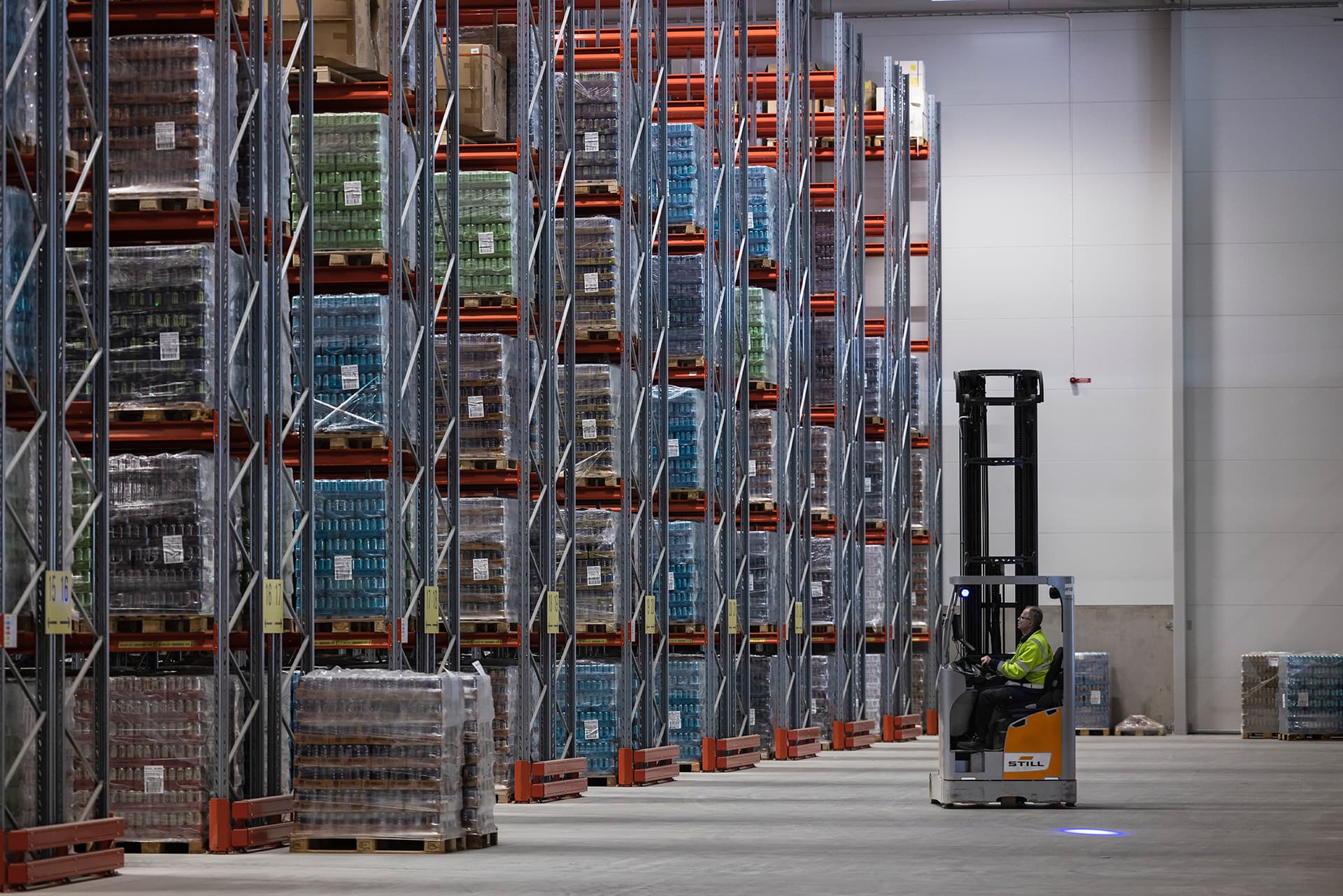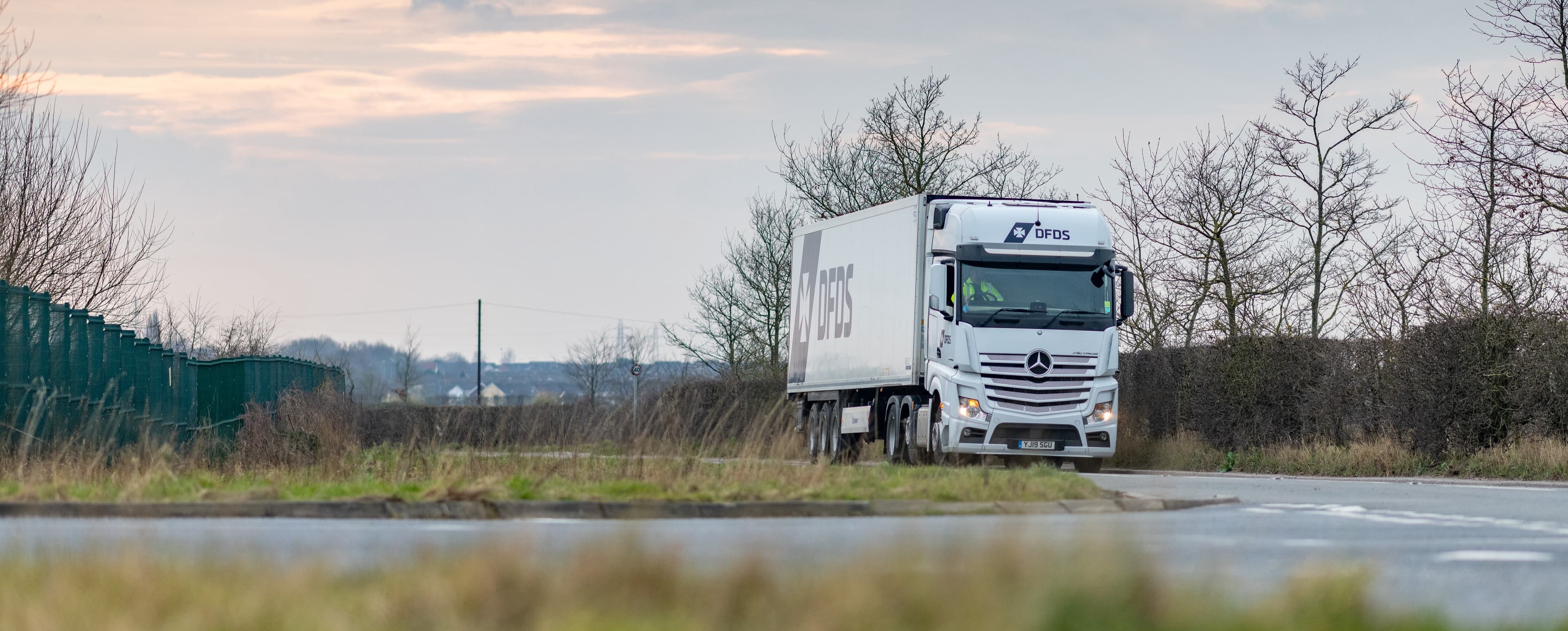The pEPR legislation, introduced in July 2023, significantly changes how packaging waste is managed and who bears the financial responsibility for its disposal or recycling. Businesses importing goods into the UK and using packaging materials must understand the legislation’s implications and take proactive steps to comply. That’s where we come in—providing clear explanations and practical guidance to help businesses meet these requirements and avoid costly fines.
What is pEPR and when is it going to come into effect?
pEPR (Extended Producer Responsibility for packaging) is a UK regulation requiring businesses, including importers and retailers, to take responsibility for the collection, sorting, recycling, or disposal of the packaging used within their supply chains. The legislation aims to reduce waste, promote reusable packaging, and ensure producers contribute to the costs of managing packaging waste.
While pEPR fees are deferred until October 2025, businesses are already obligated to report packaging data. Additionally, mandatory recycling labelling on all packaging will be enforced by April 2027, making it crucial for businesses to prioritise compliance now.
What is the aim of pEPR?
The primary objective of pEPR is to establish a more sustainable and accountable framework for managing packaging waste in the UK. It achieves this by transferring the financial responsibility for the collection, sorting, recycling, and disposal of packaging to the businesses that produce or import it.
What impact is pEPR going to have on businesses?
The introduction of pEPR will have a major impact on businesses that produce or import packaging in the UK. From financial responsibilities to operational adjustments, companies must adapt to meet the requirements of this transformative legislation. Businesses will need to:
Review packaging designs: Make sure that materials are recyclable to reduce fees under the new legislation.
Report packaging data: Accurately track and report data on the packaging they use or import.
Incorporate mandatory recycling labels: Make sure the packaging is labelled correctly, to help consumers recycle correctly.
Changes between the first and second release of illustrative producer fees
The illustrative producer fees had some revisions on the second release, reflecting updated data and methodologies. Here’s what you need to know:

Year 1 producer fees: base rates by material
In the first year, pEPR fees will be calculated based on the type and recyclability of materials used. Here’s a breakdown of estimated base rates:

For more information on illustrative base fees visit the latest government publication.
Which companies must comply with the pEPR requirements?
pEPR legislation refers to businesses that import, supply, or produce packaging for products sold in the UK. The companies that must comply with pEPR include:
Businesses with annual revenue of £1 million or more
Companies that utilise more than 25 tonnes of packaging per year
Businesses importing or supplying packaging
Exceptions: Businesses such as charities and businesses dealing with business-only packaging (i.e., packaging that is not intended for consumer use, such as packaging used by wholesalers) are an exception to the pEPR requirements.
Does pEPR apply to all types of packaging?
No, pEPR does not apply to all types of packaging. The legislation aims for household and consumer packaging, which includes packaging used for products sold directly to consumers. This includes:
Retail packaging such as wrappers, boxes, films, trays, and containers
Delivery packaging such as boxes or films used to ship consumer goods

Next steps and getting ready for pEPR implementation
As pEPR comes into effect, businesses must take several steps to ensure compliance with the new regulations:
Determine if your business is affected: If your business imports, manufactures, or supplies packaging to the UK market, especially packaging for consumer goods, you will need to comply with pEPR.
Report packaging data: As part of pEPR compliance, companies need to report the amount and types of packaging they use. This includes information on the materials used (plastic, glass, paper, etc.), their weight, and whether the packaging is recyclable or not.
Maintain accurate records: Ensure your packaging data is accurate and up to date to streamline reporting and avoid penalties. This data will also determine your fees under pEPR.
Understand fee structures: Fees will depend on the material type and recyclability of your packaging. Businesses producing less recyclable packaging may face higher costs.
Prepare for payments: Initial payments under pEPR are due in October 2025. Start budgeting now, as future costs may increase based on packaging choices.
Implement recyclability labelling: Packaging must include clear symbols or instructions (e.g., “Recycle” or “Do Not Recycle”)
Ensure compliance with labelling standards: Use the approved recycling labels or comply with the new requirements for recyclability labelling to avoid penalties and help consumers make the right disposal choices.
Reduce and rethink packaging: Minimise unnecessary materials and prioritise widely recyclable options to lower fees and reduce environmental impact.
Monitor regulatory changes: Stay informed about pEPR developments, as changes could affect your obligations and costs.

How can DFDS help with the new pEPR legislation?
Understanding and complying with the new pEPR legislation can be complex, but our team is here to guide you every step of the way. With specialised expertise in packaging and a comprehensive knowledge of evolving regulations, we can help businesses adapt effectively.
By working closely with your business, we can identify areas likely to be affected by pEPR, uncovering opportunities to refine your packaging design and material choices. This ensures compliance with the new legislation, optimises costs, and enhances sustainability. Contact us today to discuss how we can support your business.




